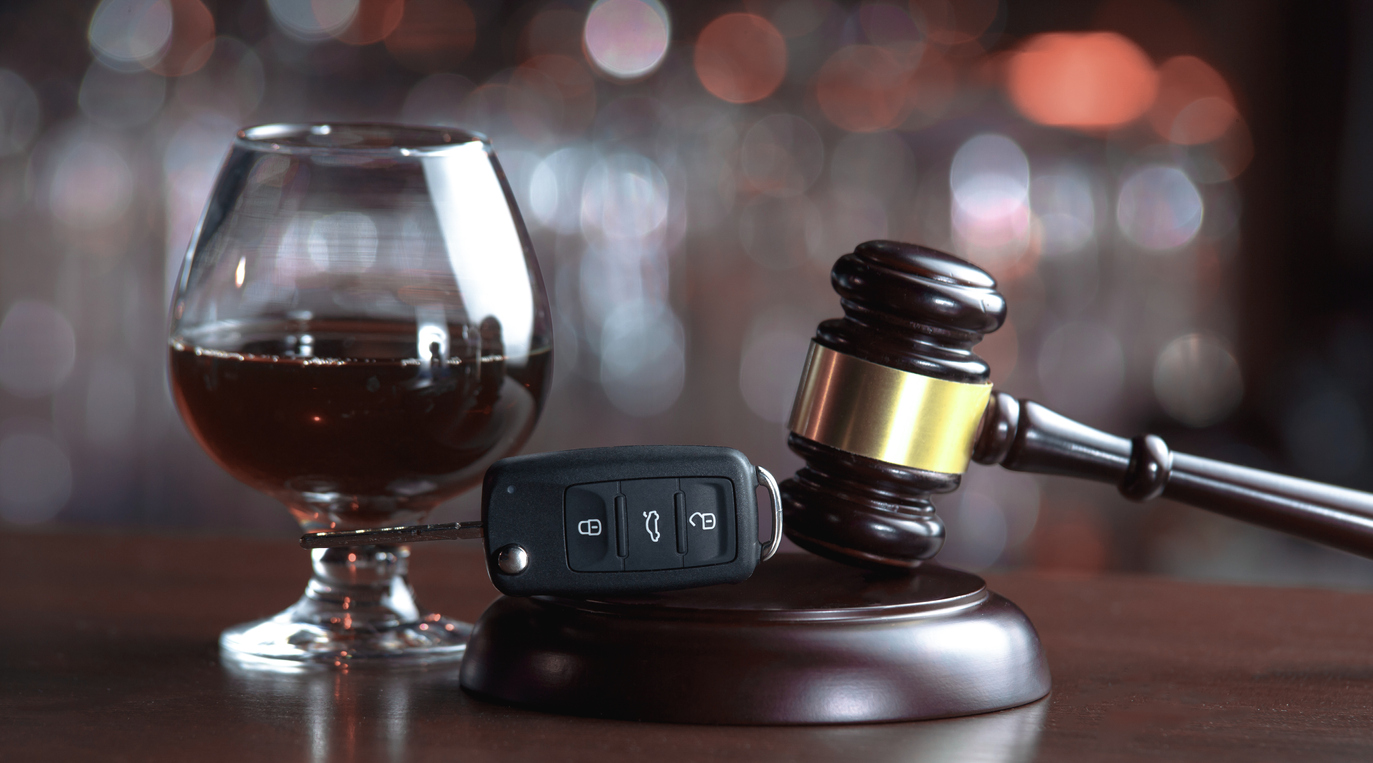What Happens to DUI Convicts in Canada?
A DUI conviction will often be a substantial burden on your life. There are so many hoops that you have to jump through, especially if you are Canadian. For instance, in the Canada justice system, DUI charges often bring mandatory training, ignition interlock programs, and more. Naturally, while the rules differ depending on the jurisdiction, there are more commonalities every day.
As an example, the province of Alberta is currently considering changing its DUI process to mirror close neighbours in British Columbia. This change would have more detrimental effects for persons who receive DUI convictions, such as: lengthening of vehicle seizure terms, licence suspensions and increases to administrative fines and other monetary penalties.
In other words, the penalties for driving under the influence are stiff. As you may imagine, when it comes to cross-border travel, which essentially means “more than one government has a say,” there are further rules and restrictions in play. Plus, if you consider that the rules change even between Canadian jurisdictions, you can imagine how much more complex they become when it comes to different countries wanting to be inclusive to their laws.
How Does Cross-Border Travel Work Between the US and Canada?
All of this leads to a necessary focus. Therefore, today we will only look at the rules and regulations surrounding Canada-US travel. Of course, before we look at the laws already in place, we should identify the elephant in the room, which is COVID-19. This pandemic continues to proliferate in the United States of America, and the boundaries of the country remain locked as a result.
However, the pandemic will likely not last forever. So, if you have a DUI charge, or expect a conviction in the near future, there are still applicable rules. To begin with, if this is your only criminal charge, the chances that your entrance to the US will get denied are pretty slim. Of course, border agents have absolute discretion when it comes to admittance, but a single conviction is not often a barrier to entry.
Indeed, the complications really start to arise when you have multiple convictions for the same charge. Here again, you may wish to attempt the journey and hope for a kind guard, but if they suspect you are high risk or likely to repeat the offence, border agents are not going to offer admittance.

What is an Entry Waiver?
As a result, the best thing you can do in this situation is apply for an entry waiver. The entry waiver is a document that allows cross-border travel for a specified period of time and requires a standard application process. We will now review the details of the application, but keep in mind that a DUI lawyer will make this process infinitely simpler and easier.
First, before you can submit your application, you will have to collect the necessary documentation and information, which includes, but is not limited to:
- Digital fingerprints
- Three separate letters of reference
- A letter from your employer stating your length of employment, and the reason for cross-border travel (if applicable)
- A copy of your passport and one other piece of government-issued identification
- Two separate payments (application payment of USD 599, processing fee of USD 585)
Additionally, if you are self-employed, you will need to provide a tax return for review during your application process.
After you have gathered the requisite documentation and submitted it with your DUI lawyer, the review and approval process will begin. Unfortunately, like most bureaucratic processes, this will not be swift. Typical wait times vary between six to eighteen months, but afterwards, you should have no trouble participating in cross-border travel.